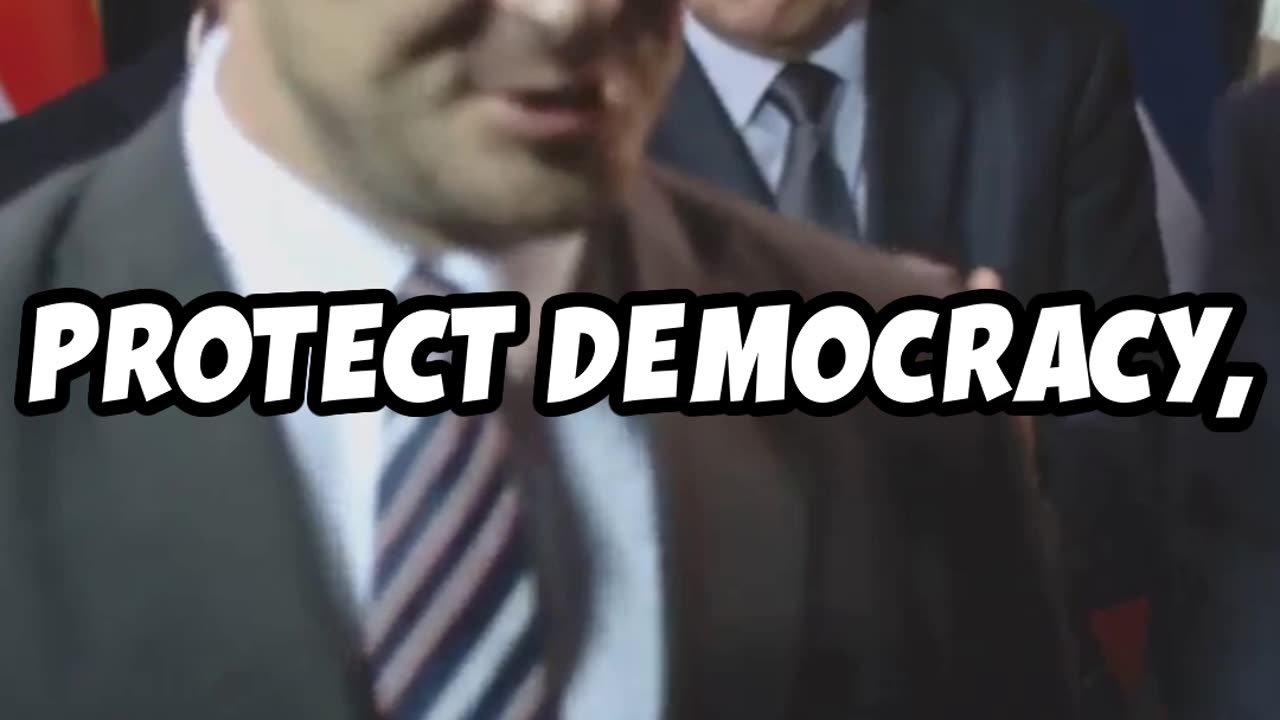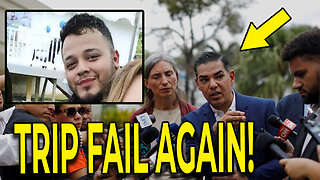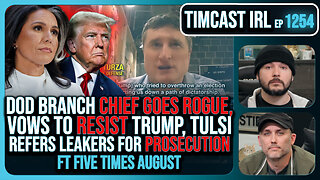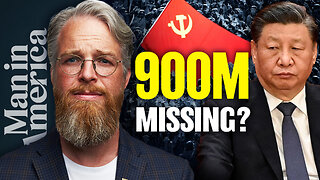Premium Only Content

The Yalta Conference_ A Turning Point in
In February 1945, as World War II approached its conclusion, the Yalta Conference brought together three of the world’s most powerful leaders: Franklin D. Roosevelt, Winston Churchill, and Joseph Stalin. Held in the picturesque Crimean resort town of Yalta, this historic meeting aimed to reshape post-war Europe and address the pressing issues of a continent scarred by conflict.
While the atmosphere was marked by a spirit of cooperation, underlying tensions were palpable. Roosevelt sought to lay the groundwork for lasting peace and the creation of the United Nations, emphasizing the need for collective security. Churchill focused on preserving democracy and curbing the spread of communism, while Stalin aimed to expand Soviet influence in Eastern Europe.
The leaders made crucial agreements: the division of Germany into occupation zones, the promise of free elections in liberated nations, and Stalin's commitment to join the war against Japan. However, the implications of these decisions would resonate for decades, effectively carving Europe into spheres of influence and paving the way for the Cold War.
The impact on newly liberated countries like Poland, Czechoslovakia, and Hungary was profound, as they found themselves under Soviet control, often at the expense of their democratic aspirations. The promised free elections were frequently overshadowed by the establishment of communist regimes, resulting in decades of oppression.
The Yalta Conference stands as a pivotal moment in history, revealing the complexities of post-war diplomacy. While it aimed to foster cooperation and peace, it also set the stage for future conflicts, illustrating the delicate balance of power in a rapidly changing world.#YaltaConference #WWII #Roosevelt #Churchill #Stalin #ColdWar #PostWarEurope #Diplomacy #History #PoliticalScience #InternationalRelations #SovietUnion
-
 12:48
12:48
T-SPLY
12 hours agoDemocrats Keep Digging Their Own Hole Over El Salvadorian Prisoners
12.8K38 -
 2:55:26
2:55:26
FreshandFit
7 hours agoLuke Belmar ROASTS Girls For Being High And Unmarried!
78.2K59 -
 2:16:58
2:16:58
Badlands Media
7 hours agoDevolution Power Hour Ep. 348: Culture War Cage Match – Trump, UFC, and Narrative Warfare
70.9K27 -
 4:08:04
4:08:04
Akademiks
4 hours agoDay 8/30. Shannon Sharpe Over Cooked? Accuser Drops more Audio.' Uzi Rushed to Hospital? Kevin Gates
37.8K8 -
 8:08
8:08
JustPearlyThings
4 hours agoPearl Daily Live Stream
28.1K8 -
 1:00:04
1:00:04
Iggy Azalea
5 hours ago $7.99 earnedF**K strategy Its boring. Risky moves only tonight...
50.1K19 -
 2:48:37
2:48:37
TimcastIRL
7 hours agoDoD Branch Chief GOES ROGUE, Vows To RESIST Trump, Tulsi Refers Leakers For PROSECUTION |Timcast IRL
198K203 -
 1:04:56
1:04:56
Man in America
11 hours agoWAIT!? China's Population is LESS THAN 500M? Expert Reveals SHOCKING Data
51.8K51 -
 6:00:07
6:00:07
RalliedLIVE
11 hours ago $4.11 earnedWednesday Warzone Special w/ Rallied
64.7K5 -
 3:19:56
3:19:56
Fragniac
8 hours ago🔴FORTNITE w/ The BRRRAP PACK ( -_•)╦ ╤─💥
34.1K